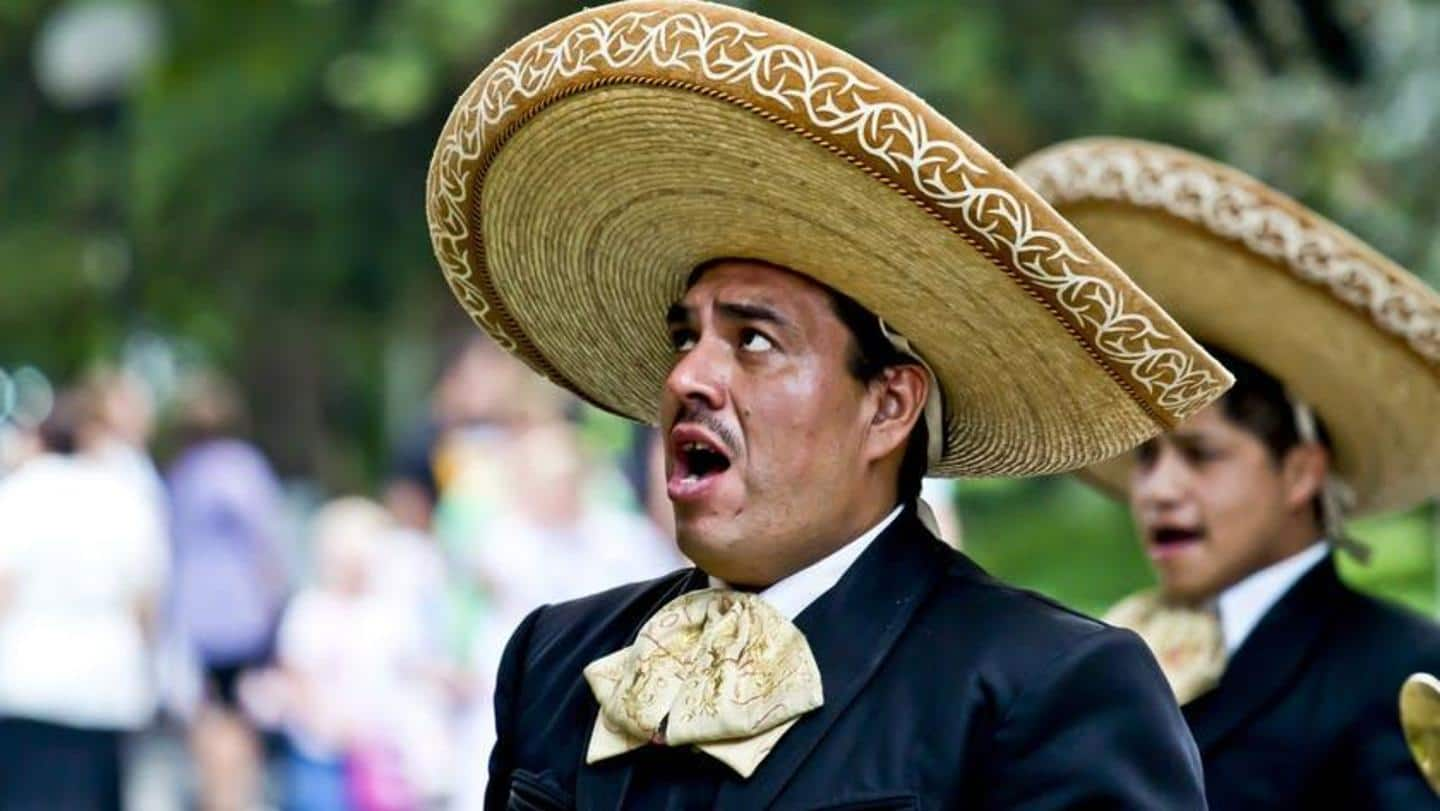
Cinco De Mayo: History, significance and celebrations
What's the story
Cinco de Mayo, literally meaning "fifth of May," is an annual celebration held on May 5, which commemorates the anniversary of Mexico's military victory in 1862 over the French forces of Napoleon III. The festival is more popular in the United States than in Mexico. With time, Cinco de Mayo came to be associated with the celebration of Mexican-American culture.
#1
History of this Mexican holiday
On May 5, 1862, some 6,000 French troops stormed the Mexican city of Heróica Puebla de Zaragoza. The Mexican soldiers led by Ignacio Zaragoza were outnumbered, but they fiercely fought back and the French army retreated by the next morning. Four days later, the President of Mexico, Benito Juárez declared Cinco de Mayo a national holiday. Eventually, the French took over Mexico in 1864.
#2
It is not Mexico's Independence Day
Cinco de Mayo is sometimes mistaken for Mexico's Independence Day. However, the most important national holiday in Mexico is celebrated on September 16. The Cry of Dolores occurred on 16 September 1810, when Roman Catholic priest Miguel Hidalgo y Costilla rang his church bell triggering the Mexican War of Independence. Cinco de Mayo has become a global celebration of Mexican culture, cuisine, and heritage.
#3
Celebrations in the US
On June 7, 2005, the United States Congress issued a Concurrent Resolution inviting the US President to announce and ask people to observe Cinco de Mayo. Apparently, the enthusiasm for the holiday's celebration took off with the promotion of Mexican alcoholic beverages! Mexican food is also extremely popular. People in the US eat millions of avocados in traditional Mexican dishes like guacamole.
#4
Celebrating Mexican culture
Celebrations include displaying of banners and events highlighting Mexican culture, music, and dance. School districts also hold events to inform and educate students about its historical significance. The commercial interests can be seen in celebrating Mexican products and services, especially emphasizing alcoholic beverages, food and Mexican folk music called mariachi.